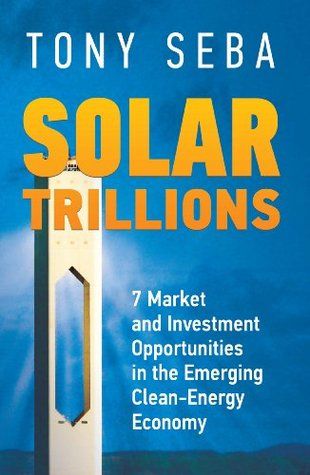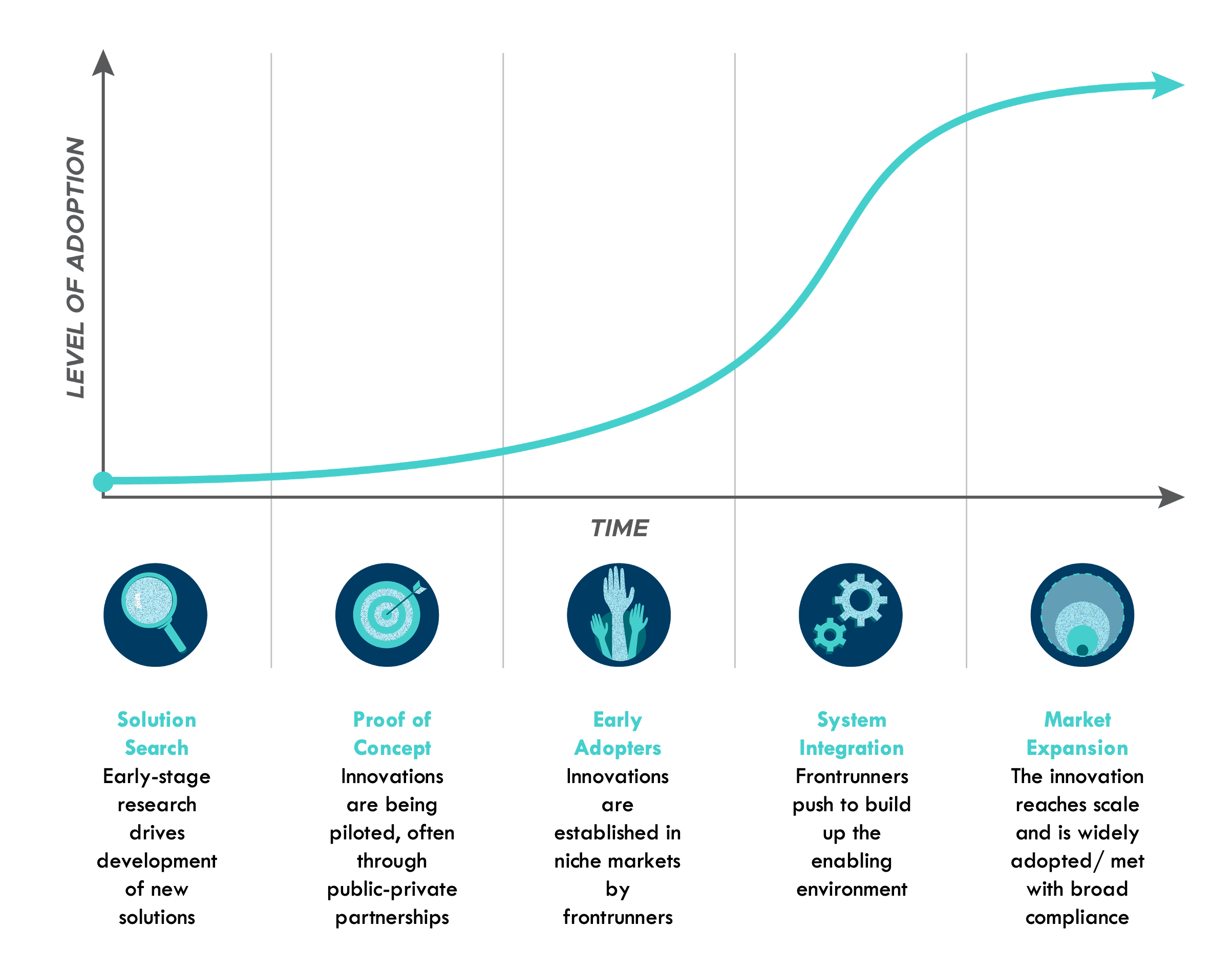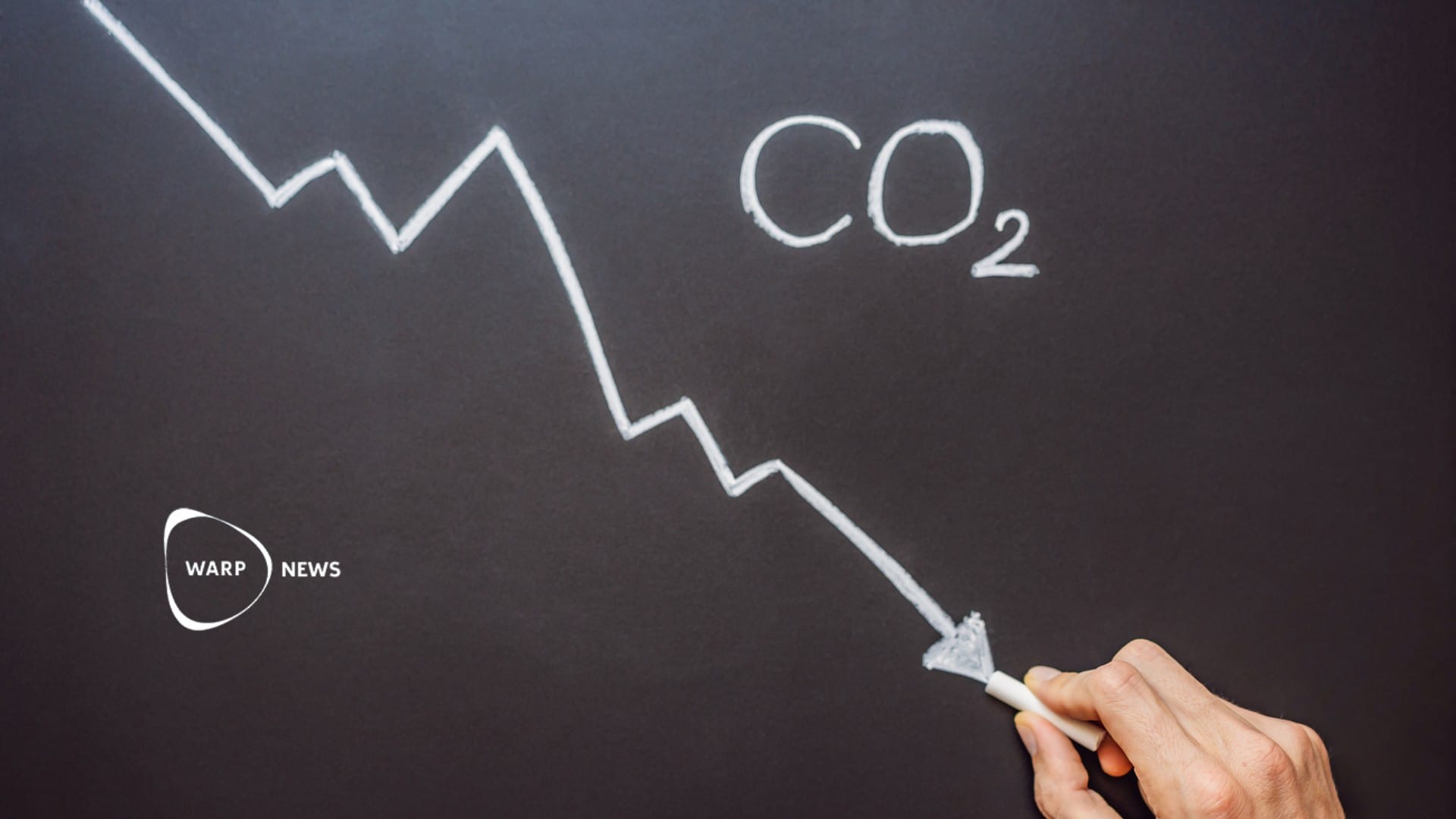
😮 The naive Tony Seba has been more right than anyone else (so listen to what he says now)
Humanity is facing its greatest change ever, according to Tony Seba. Some call him a naive, foolish optimist, but Seba has repeatedly been proven right and his critics wrong. A tip is to listen to him this time.
Share this story!
Mention Tony Seba at X and watch some on "energy Twitter" go ballistic. Completely off the wall, he understands nothing about energy, incredibly naive – that's what they say.
The reason for the anger is that he comes with extreme predictions, relative to what everyone else believes. The beauty of historical predictions is that you can check how they turned out.

In the book Solar Trillions, Tony Seba wrote that the price of a kWh of solar electricity would be 4-5 cents in 2020, when the price was around 30 cents. The International Energy Agency, IEA, believed it would stay about the same. Even other "naive optimists" like Ramez Naam, who believed in a halving between 2010 and 2020 and a kWh price of around 13 cents, turned out to be too pessimistic.
For the price landed where Seba thought, which meant a decrease of about 90 percent in just ten years.
Just because he has been right historically, it doesn't have to mean that Seba is right now in his predictions. But he doesn't pluck them out of thin air, instead, they are built on Wright's law and other rules of thumb.
In a new talk, Tony Seba piles up new predictions. One more extreme than the other. It happened at a conference in Saudi Arabia in front of a bunch of oil sheiks, which makes it extra fun, considering what he says.
Please see the whole thing, but here is a summary of the most important points.
The Great Transformation
- The really big changes happen when several new technologies converge.
- Several technologies are converging now which will lead to dramatic changes in the next 20 years.
- Think of it as a caterpillar turning into a butterfly. A butterfly is not a flying caterpillar, it's something completely different. We are at the beginning of such a change in society now.
- Change occurs in S-curves.
The oil sheiks nod confidently, sipping water and eating hors d'oeuvres.

Transportation
- An electric car with a range of at least 300 kilometers (200 miles) will cost about $5,000 in 2030.
- Then it's over for fossil fuel cars with combustion engines.
- But that's not the biggest change in transportation: It's electric autonomous taxi, Transport-as-a-Service.
- Transport-as-a-Service will cost a tenth per kilometer of what it costs to own and operate your own car.
- The total cost per kilometer will be lower than just the cost of gasoline.
The oil sheiks look scared and unsure of themselves.
Energy
- Solar power is the cheapest energy source – ever.
- The cost of solar energy will decrease by another 70 percent over the next ten years.
- Lithium-ion batteries will decrease by 80 percent in cost over the next ten years.
- A 100 percent solar-wind-battery energy system is possible (I've written about this before.) and it's the cheapest possible energy system.
- You don't need to seasonal energy storage, just less than a week's energy reserves in batteries are enough.
- The system is designed for the time of year when it's darkest and you get the least solar energy, which means that for the rest of the year, you have a large surplus of cheap electricity.
The oil sheiks sit apathetic just staring in front of them.
Food and agriculture
- Precision fermentation is a technology for producing food ingredients like proteins, fats, and vitamins.
- The cost of precision protein fermentation has gone from a million dollars per kilo to 100 dollars per kilo in the past 20 years.
- By 2030, the cost will be 1-2 dollars per kilo.
- Animal protein costs about 10 dollars per kilo today. The cost of precision fermented protein will reach that price by 2025.
- This will, among other things, lead to "the disruption of the cow." Where we need a fifth of the energy, a tenth of the water, and a hundredth of the land area to produce milk.
- 2.7 billion hectares of farmland will not be needed for agriculture, by 2040. That's an area as big as the USA, Australia, and China combined.
The oil sheiks have regained a little courage and dab themselves cautiously with water on the forehead.
Impact on society
- These three changes mean a 90-percent reduction in CO2 emissions by 2035.
- Transportation, energy, and food will all be abundant (superabundance).
- Those who understand this will be the big winners in the greatest change in human history.
- It will lead to a new era of freedom.
The oil sheiks lie on the floor in the fetal position sucking their thumbs.
Please see Tony Seba's entire talk.
Mathias Sundin
The Angry Optimist
By becoming a premium supporter, you help in the creation and sharing of fact-based optimistic news all over the world.


